Minister Rana highlights ongoing challenges for women in leadership
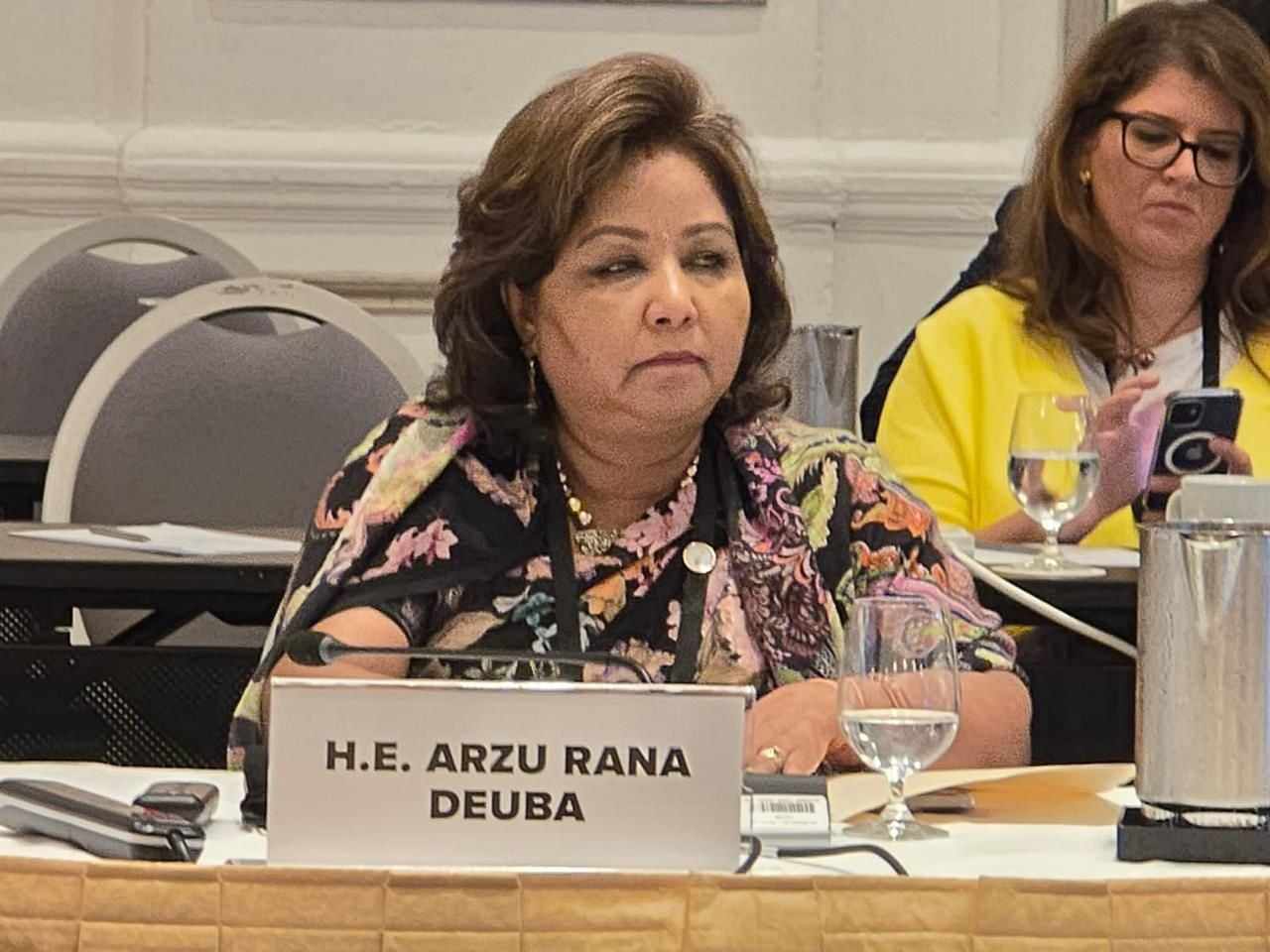
Toronto (Canada), September 21 — Foreign Minister Dr. Arzu Rana Deuba highlighted the ongoing challenges women face in reaching leadership roles in politics and various institutions.
Speaking at the meeting of women foreign ministers from around the world, she stated, “Although there are many legal provisions for gender equality and inclusive participation, women still encounter significant obstacles in leadership.”
Dr. Rana emphasized that countries like Nepal and other third-world nations continue to struggle with issues related to gender equality and women's rights.
“Currently, less than 11% of national leaders and less than 10% of government heads globally are women. Women make up 60% of informal employment and spend, on average, three times more time on unpaid care and domestic work compared to men,” she said.
She pointed out that women worldwide lag in enjoying legal rights and access to justice, with only 64% of the legal rights afforded to men being accessible to women.
“Seventy-six years have passed since the Universal Declaration of Human Rights proclaimed equal rights. Since then, four UN conferences and various programs for gender equality and women's empowerment have been implemented. Yet, gender equality remains elusive. I believe women worldwide are still deprived of equal participation and opportunities,” Dr. Rana remarked.
She presented examples of Nepal's ongoing struggle for gender equality, noting improvements in targeted policies and actions.
“We have fought for women's equality for a long time. Our constitution now mandates 33% women's participation in federal and provincial parliaments and 40% in local governments. In the decade since its enactment, Nepal has seen women serve as heads of state, speakers, and chief justices. This is a positive development,” she said.
Thanks to legal provisions, women now comprise 28% of the civil service, and participation in state security bodies is also increasing, with over 29% of managerial positions in the private sector held by women. While full gender equality has not yet been achieved in Nepal, the rising participation of women is encouraging.
Dr. Rana expressed concern that violence and discrimination against women begin in the womb and continue throughout their lives. “Comprehensive and robust efforts are necessary to address this inequality. These efforts must reach from the global level to local communities, with all stakeholders in the public and private sectors playing active roles. Each individual's efforts can be a catalyst for change,” she said.
She urged the world to recognize that gender equality is fundamental to a peaceful and prosperous society, emphasizing that while legal frameworks for women's equality and rights exist, a change in societal behavior is essential for real implementation.
The meeting included participation from female foreign ministers of 16 countries, discussing topics such as women's equality and participation, the development of women leaders, challenges women face in leadership, misinformation, and its impact on women.





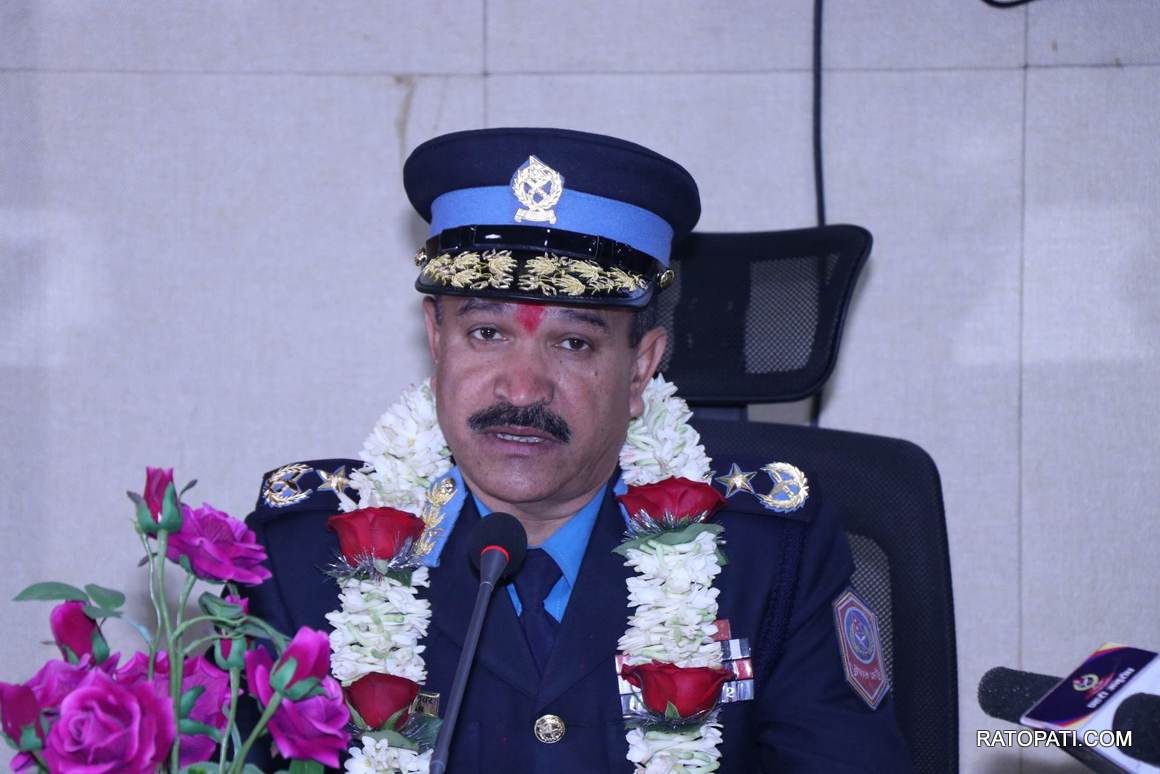
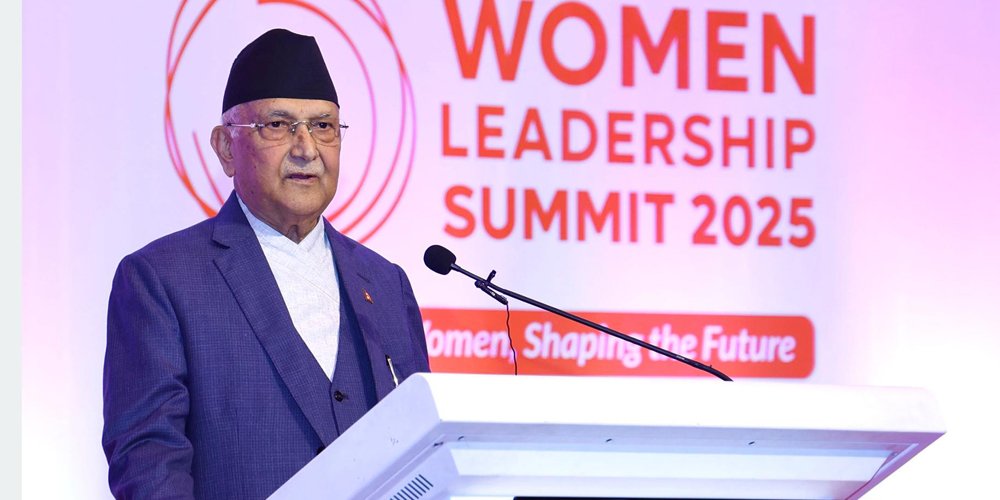
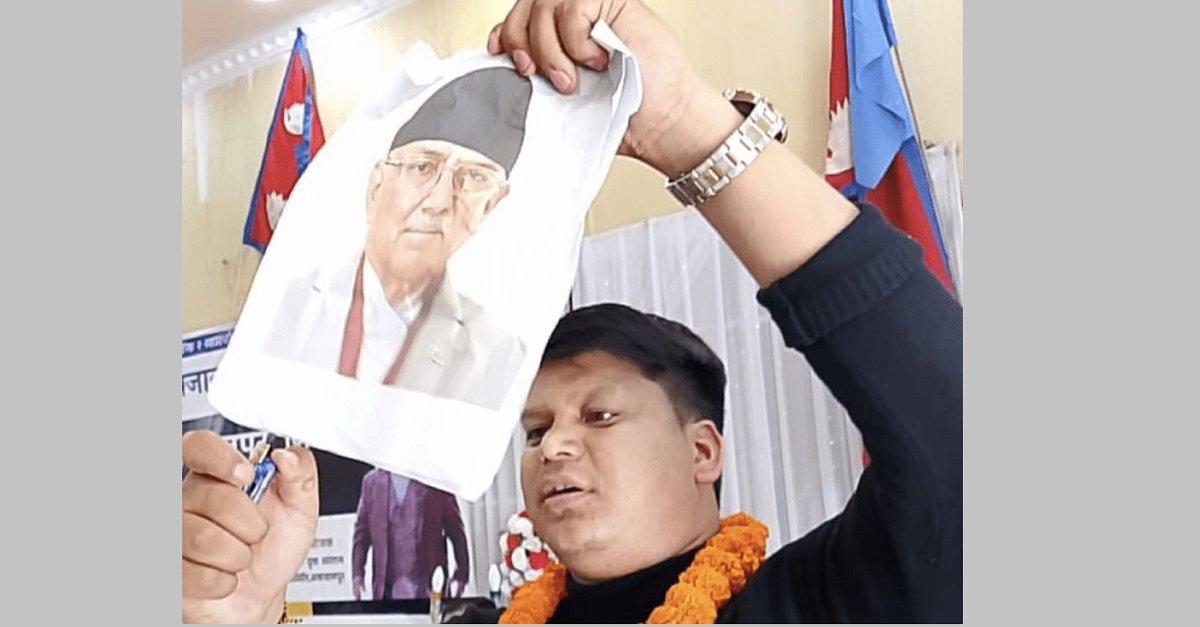
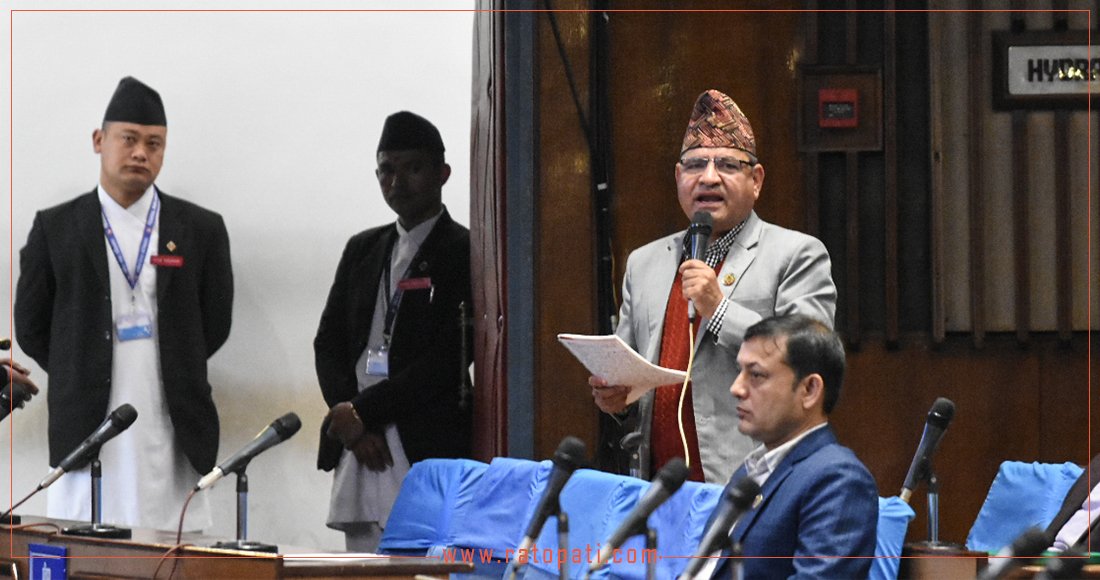
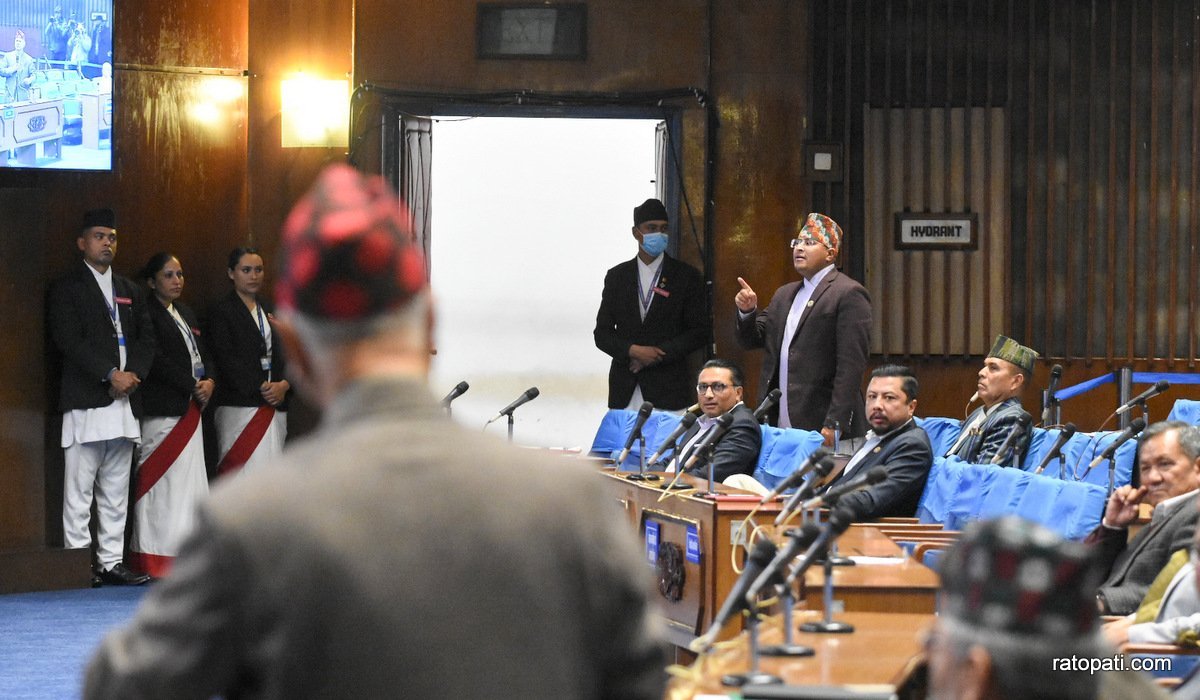
Leave Comment